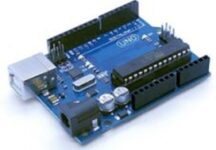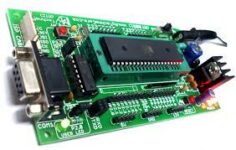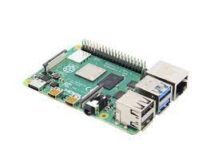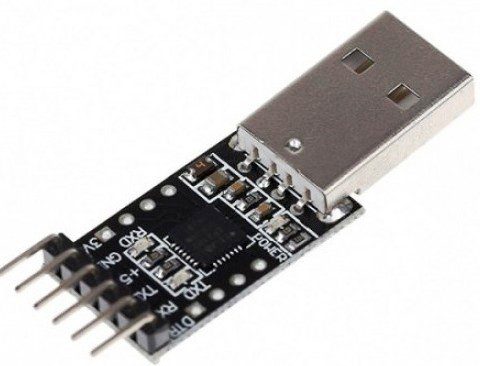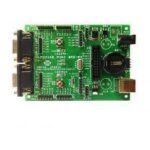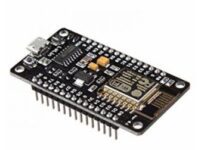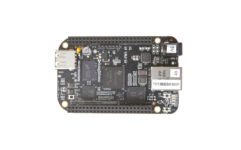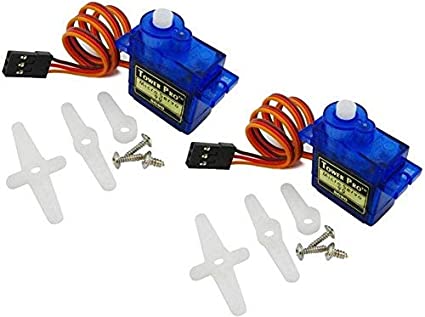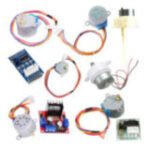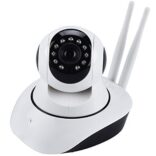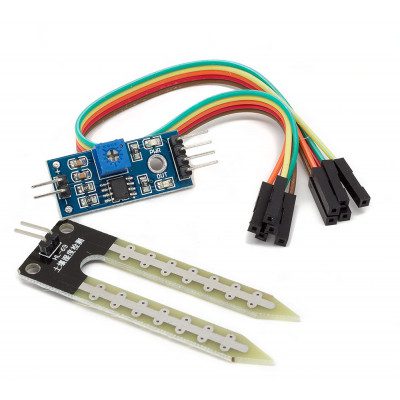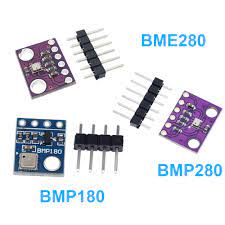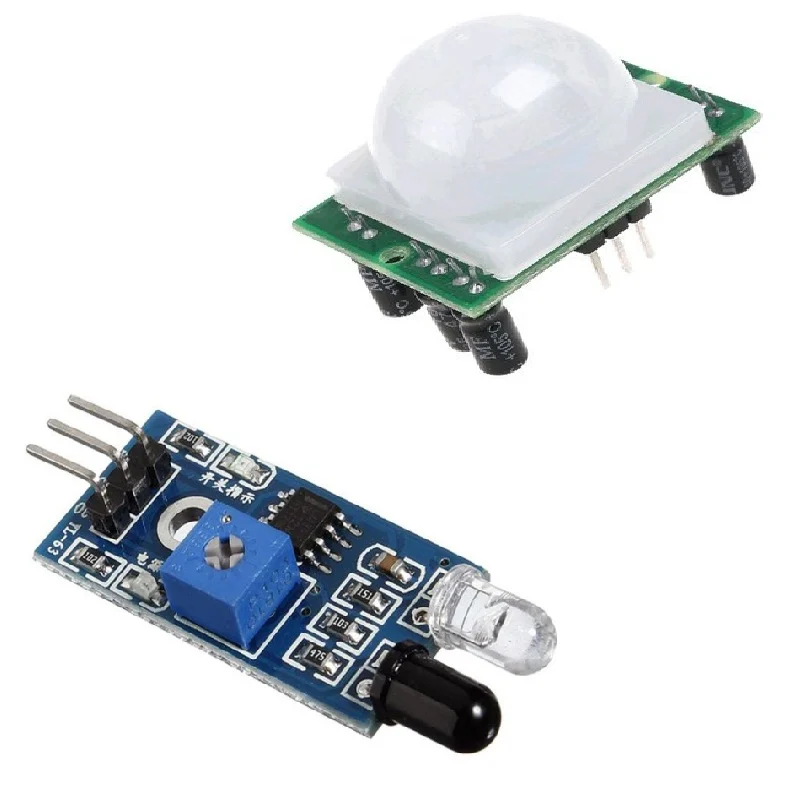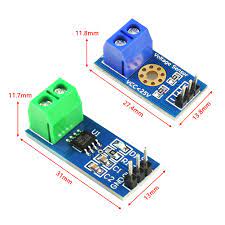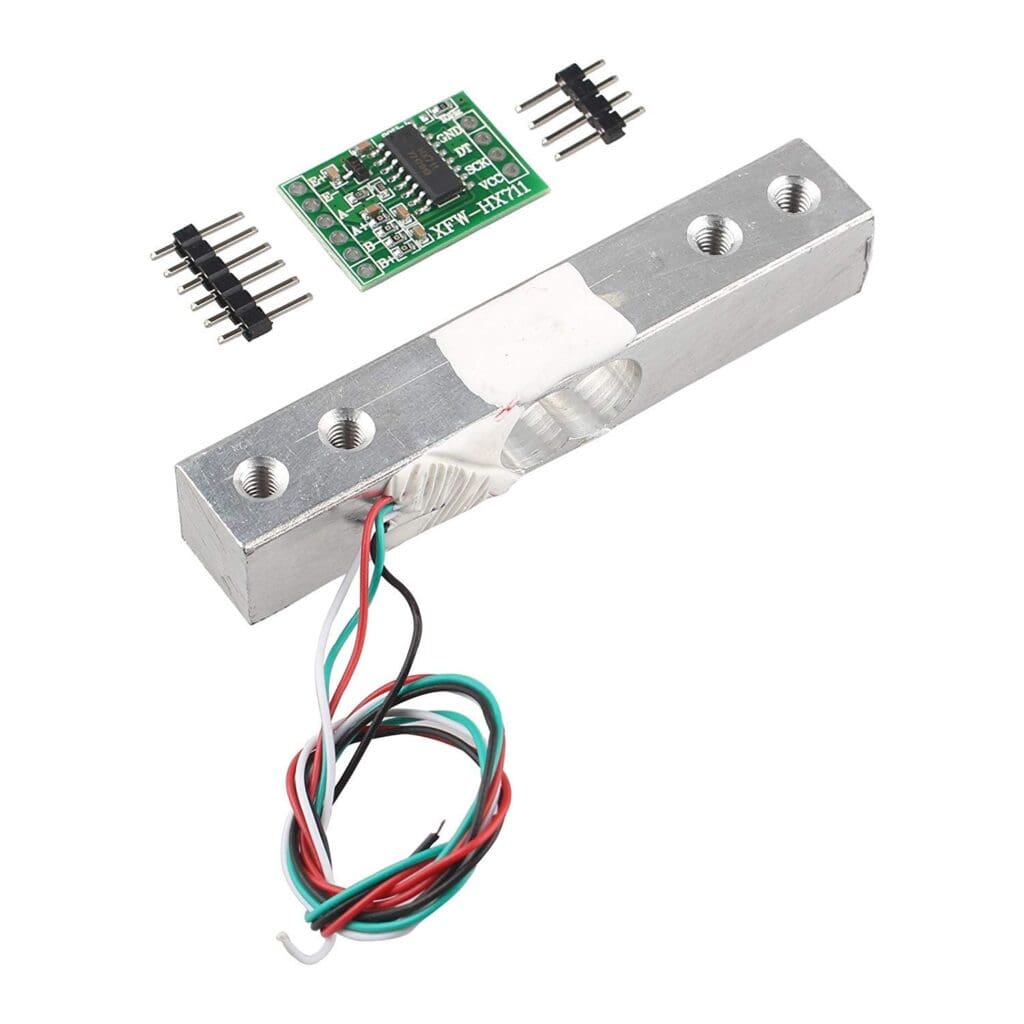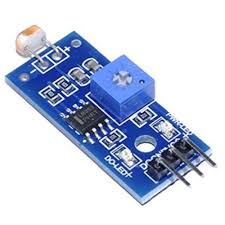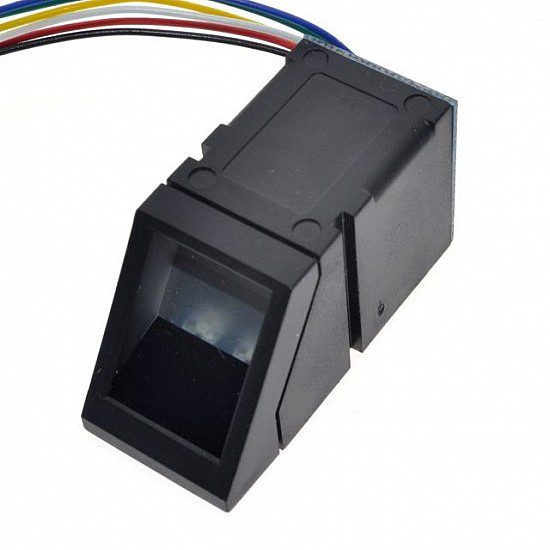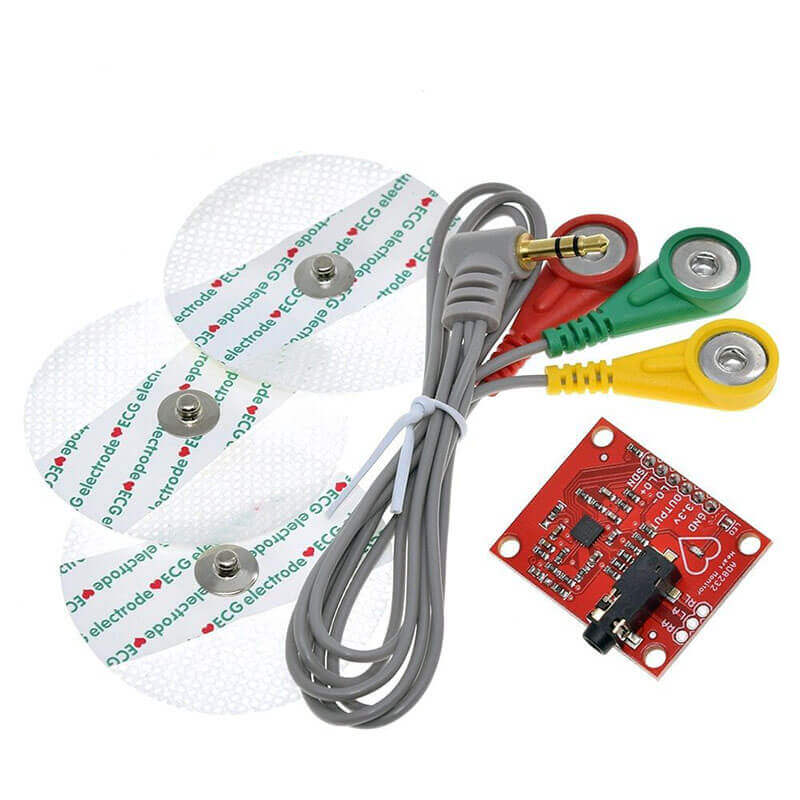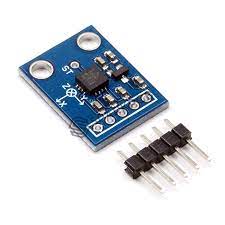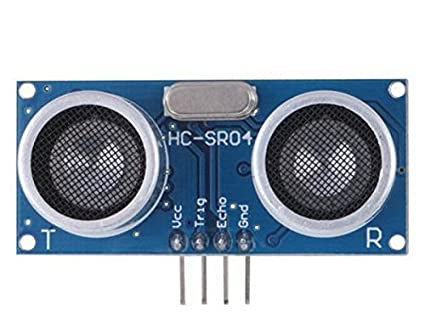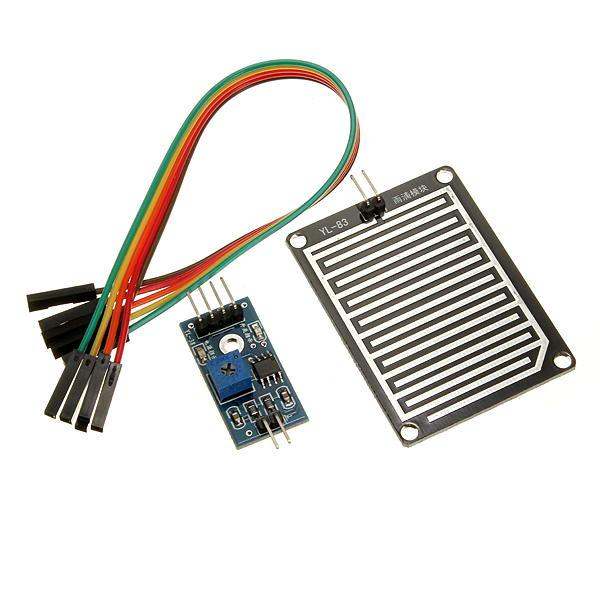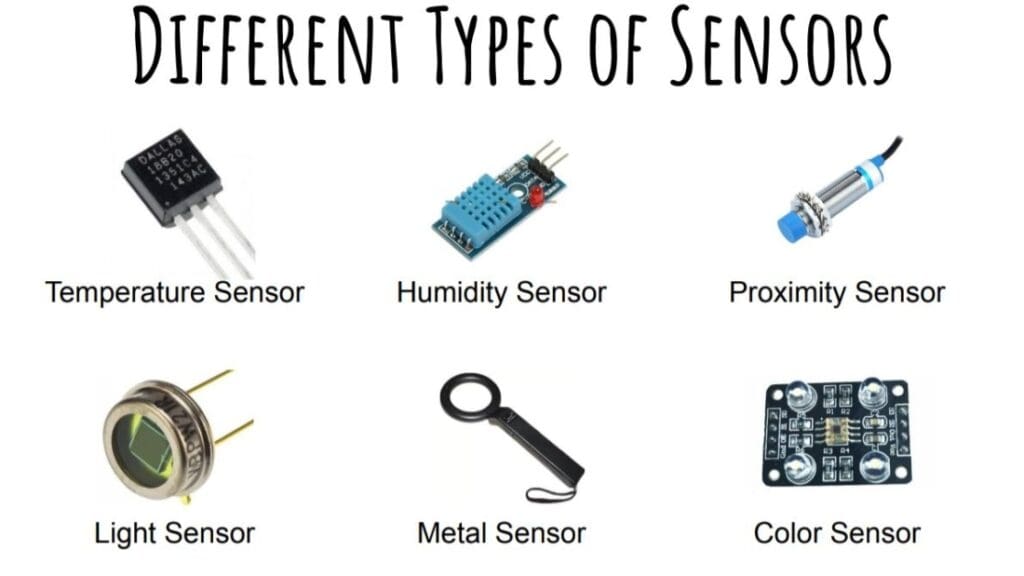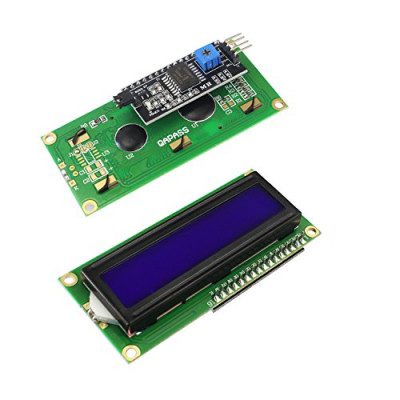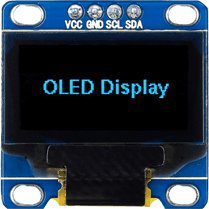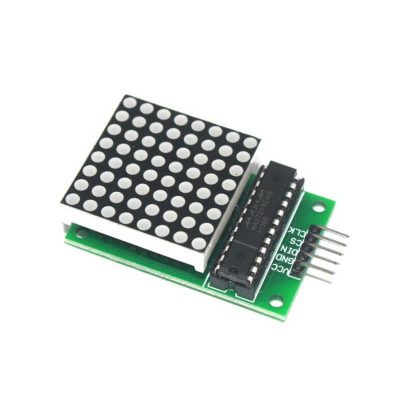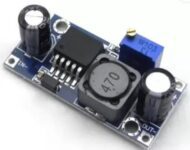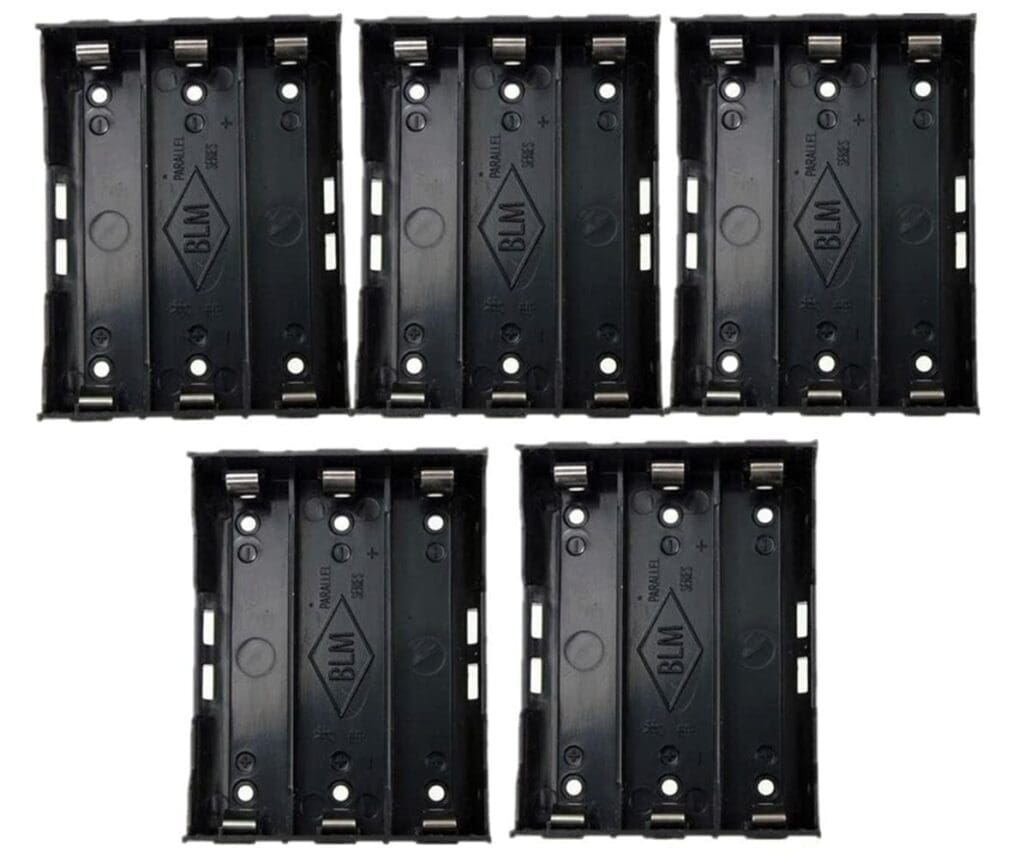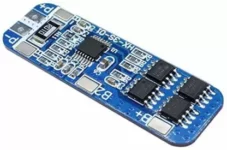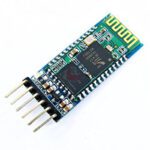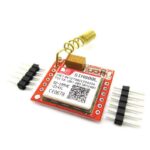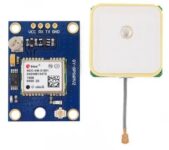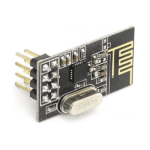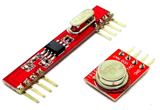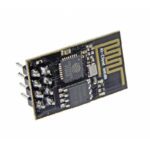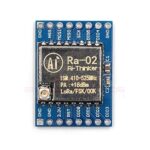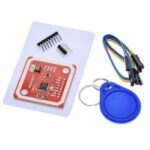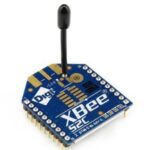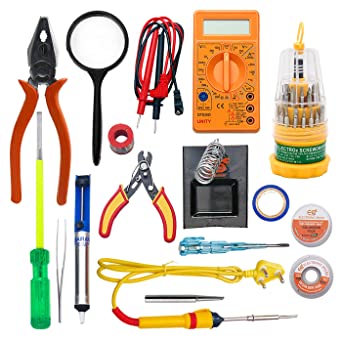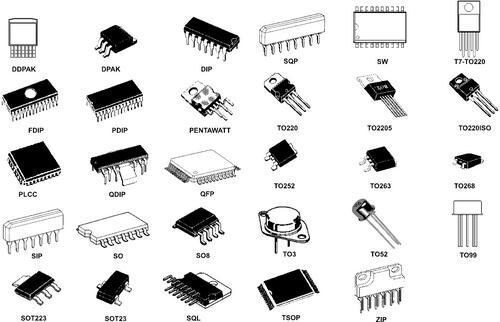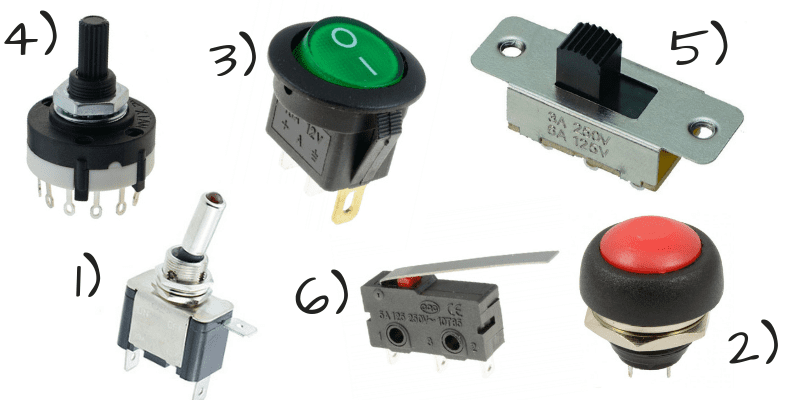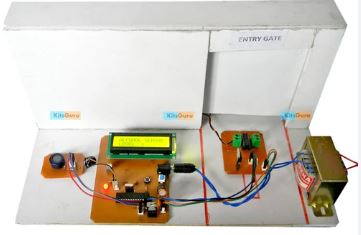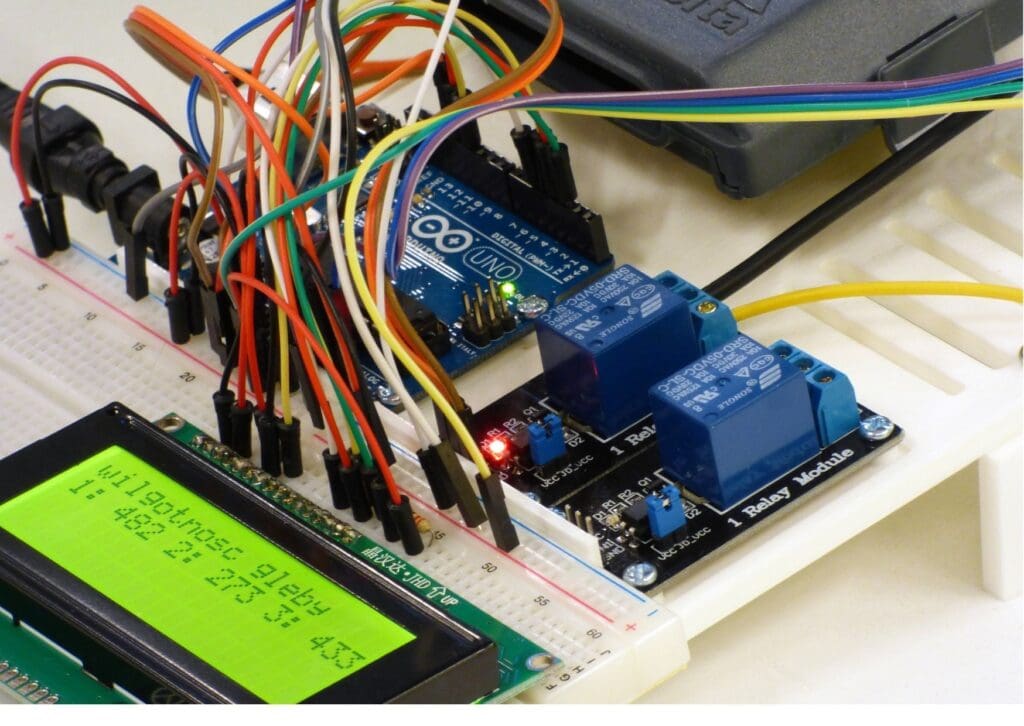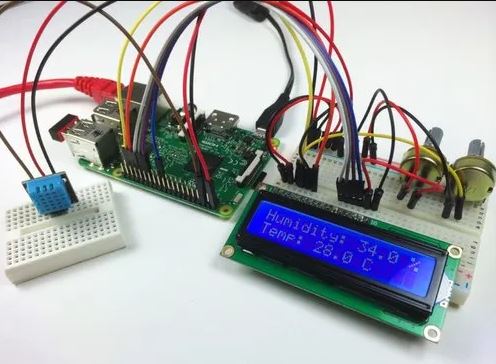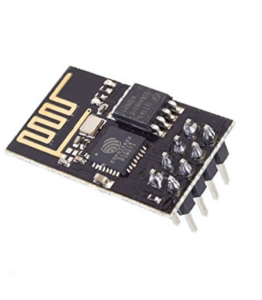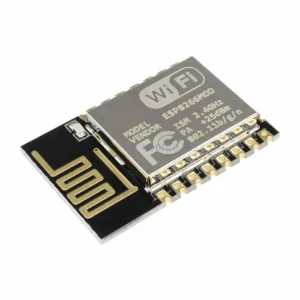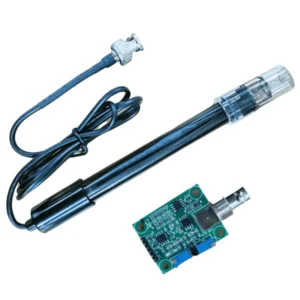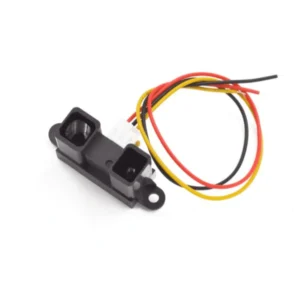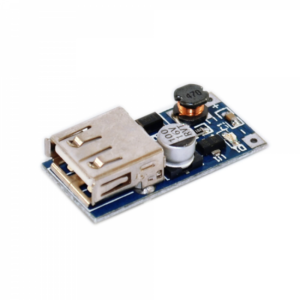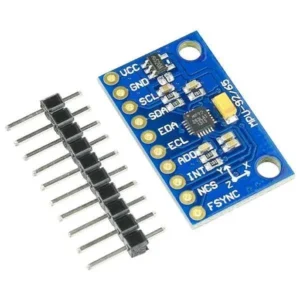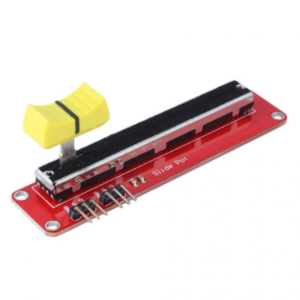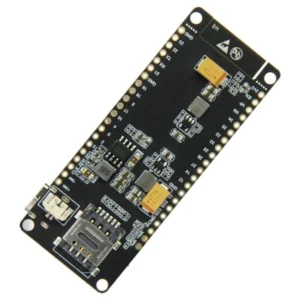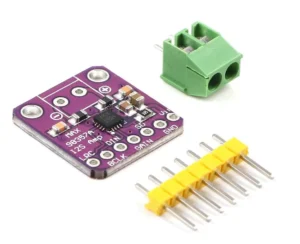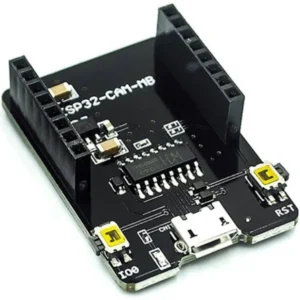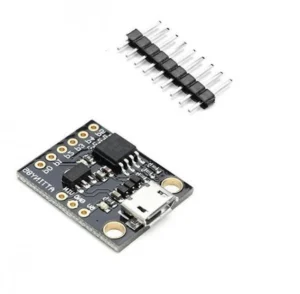Introduction
Ethical hacking in electronics represents a proactive approach to securing electronic devices, systems, and networks by identifying vulnerabilities and weaknesses before malicious actors exploit them. As our world becomes increasingly interconnected and reliant on electronic technologies, the importance of protecting these systems from cyber threats has never been greater.
Ethical hacking, also known as penetration testing or white-hat hacking, involves authorized
individuals or teams using the same techniques and tools as malicious hackers to uncover security flaws in electronic devices and systems. However, unlike malicious hackers, ethical hackers operate with permission and adhere to strict ethical guidelines to ensure that their activities are lawful and beneficial.
In the realm of electronics, ethical hacking plays a crucial role in identifying and addressing vulnerabilities in various devices and systems, including but not limited to
Projects Categories:
Products Categories:
- Robotics
- Actuators
- Camera Modules
- Drone Kits
- Drone Components
- Chassis
- DC Motors
- Other Robotic accessories
- Pick and Place Modules
- Robotic Kit
- Servo Motors
- Stepper Motors
- Wheels
- Microcontrollers & Programmers
- 8051 Microcontroller
- Arduino Microcontroller
- ARM Development Board
- Interface Module
- NODMCU / ESP Modules
- PIC Microcontroller
- Raspberry Pi
- Devices and Actuators
- Display Modules
- Sensors & Module
- Power Supply / Batteries
- Wireless modules
- Electronic Components
- Wholesale Market
Description
- Ethical hacking in electronics represents a proactive approach to securing electronic devices, systems, and networks by identifying vulnerabilities and weaknesses before malicious actors exploit them. As our world becomes increasingly interconnected and reliant on electronic technologies, the importance of protecting these systems from cyber threats has never been greater.
- Ethical hacking, also known as penetration testing or white-hat hacking, involves authorized individuals or teams using the same techniques and tools as malicious hackers to uncover security flaws in electronic devices and systems. However, unlike malicious hackers, ethical hackers operate with permission and adhere to strict ethical guidelines to ensure that their activities are lawful and beneficial.
- In the realm of electronics, ethical hacking plays a crucial role in identifying and addressing vulnerabilities in various devices and systems, including but not limited to:
1. Internet of Things (IoT) Devices
- With the proliferation of IoT devices in homes, businesses, and industries, ensuring the security of these interconnected devices is paramount. Ethical hackers assess the security posture of IoT devices, such as smart home appliances, industrial sensors, and connected medical devices, to prevent unauthorized access and protect sensitive data.
2. Embedded Systems
- Embedded systems, found in a wide range of electronic devices and equipment, are susceptible to security threats due to their limited processing power and memory resources. Ethical hackers analyze the firmware, communication protocols, and interfaces of embedded systems to identify vulnerabilities and mitigate potential risks.
3. Consumer Electronics
- Consumer electronics, including smartphones, tablets, laptops, and gaming consoles, store and process vast amounts of personal and sensitive information. Ethical hacking helps manufacturers and developers identify security flaws in hardware, software, and firmware to enhance the privacy and security of consumer devices.
4. Automotive Systems
- Modern vehicles rely on electronic systems for critical functions such as engine control, navigation, and entertainment. Ethical hacking in automotive electronics involves assessing the cybersecurity of vehicle communication networks, onboard computers, and connected services to prevent cyber attacks and safeguard passenger safety.
5.Industrial Control Systems (ICS)
- Industrial control systems, used in manufacturing plants, utilities, and infrastructure, are prime targets for cyber attacks due to their potential impact on public safety and economic stability. Ethical hackers conduct security assessments of ICS components, such as programmable logic controllers (PLCs) and supervisory control and data acquisition (SCADA) systems, to identify vulnerabilities and protect against cyber threats.
- By proactively identifying and addressing security weaknesses in electronic devices and systems, ethical hacking plays a vital role in enhancing cybersecurity, mitigating risks, and fostering trust in the digital ecosystem. Through collaboration between ethical hackers, manufacturers, developers, and regulatory bodies, we can build more resilient and secure electronic technologies to meet the evolving challenges of the digital age.

Uses And Appilication
- Ethical hacking in electronics has numerous uses and applications in real-time scenarios, where it serves to enhance cybersecurity, protect sensitive data, and safeguard critical systems. Here are some examples of how ethical hacking is utilized in electronics in real-world situations:
1. Identifying Vulnerabilities in IoT Devices
- Ethical hackers assess the security of Internet of Things (IoT) devices, such as smart thermostats, security cameras, and connected appliances, to uncover vulnerabilities that could be exploited by malicious actors. By identifying and reporting these vulnerabilities to manufacturers, ethical hackers help improve the security of IoT devices and protect users’ privacy
2. Securing Embedded Systems
- Embedded systems, found in devices ranging from medical equipment to industrial control systems, are often targeted by cyber attackers due to their limited security measures. Ethical hackers conduct penetration testing and vulnerability assessments on embedded systems to identify weaknesses in firmware, communication protocols, and software interfaces, enabling manufacturers to strengthen security measures and prevent unauthorized access.
3. Enhancing Automotive Cybersecurity
- With the increasing connectivity and complexity of modern vehicles, cybersecurity has become a critical concern for the automotive industry. Ethical hackers perform security assessments on vehicle communication networks, onboard computers, and infotainment systems to identify vulnerabilities that could compromise vehicle safety and privacy. By uncovering security flaws and recommending mitigation strategies, ethical hacking helps enhance automotive cybersecurity and protect drivers and passengers from cyber threats.
4. Protecting Consumer Electronics
- Consumer electronics, such as smartphones, tablets, and laptops, store and process sensitive personal information, making them attractive targets for cybercriminals. Ethical hackers conduct security audits and penetration testing on consumer devices to identify vulnerabilities in hardware, software, and firmware. By detecting and addressing security flaws before they are exploited by attackers, ethical hacking helps protect users’ privacy and prevent data breaches.
5. Securing Industrial Control Systems (ICS)
- Industrial control systems (ICS), used in critical infrastructure sectors such as energy, manufacturing, and utilities, are prime targets for cyber attacks. Ethical hackers assess the security of ICS components, including programmable logic controllers (PLCs) and supervisory control and data acquisition (SCADA) systems, to identify vulnerabilities and weaknesses. By identifying potential entry points for attackers and recommending security enhancements, ethical hacking helps safeguard industrial processes and prevent disruptions to essential services.
- Overall, ethical hacking in electronics plays a crucial role in improving cybersecurity across various sectors, including IoT, automotive, consumer electronics, and industrial control systems. By proactively identifying and addressing security vulnerabilities, ethical hackers contribute to building more resilient and secure electronic systems, protecting users’ privacy and safety in an increasingly interconnected world.
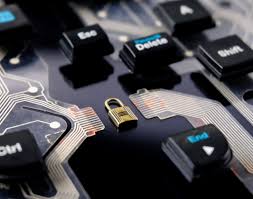
Ethical Hacking in Electronics programming
- Ethical hacking in electronics programming involves the development and implementation of software tools and scripts to identify, exploit, and mitigate security vulnerabilities in electronic devices, systems, and networks. Ethical hackers, also known as penetration testers or security researchers, use programming languages and frameworks to conduct various hacking techniques and assessments while adhering to ethical guidelines and legal boundaries. Here are some programming aspects relevant to ethical hacking in electronics:
1. Scripting Languages
- Scripting languages such as Python, Bash, and PowerShell are commonly used by ethical hackers for automating tasks, analyzing data, and developing proof-of-concept exploits. Python, in particular, is popular due to its simplicity, versatility, and extensive libraries for networking, cryptography, and web scraping.
2. Low-Level Programming
- Understanding low-level programming languages such as C and Assembly language is essential for analyzing firmware, reverse engineering binaries, and exploiting hardware vulnerabilities in embedded systems and IoT devices. Ethical hackers may use tools like Ghidra, IDA Pro, or Radare2 for disassembling and analyzing binary code.
3. Web Application Development
- Web applications are a common target for hackers, and ethical hackers need proficiency in web development languages such as HTML, CSS, JavaScript, and server-side scripting languages like PHP, Ruby, or Node.js. Ethical hackers develop web-based exploits, conduct security assessments, and analyze web traffic to identify vulnerabilities in web applications.
4. Network Programming
- Ethical hackers utilize network programming languages like Python’s Scapy library, Ruby’s PacketFu, or C’s libpcap to interact with network protocols, craft custom packets, and perform network reconnaissance. They develop network scanners, packet sniffers, and intrusion detection systems (IDS) to assess network security and identify potential vulnerabilities.
5. Security Frameworks and Libraries
- Ethical hackers leverage security-focused frameworks and libraries to develop secure applications and tools. For example, the Metasploit Framework provides a comprehensive set of tools for penetration testing, exploit development, and vulnerability management. Other libraries, such as OpenSSL for cryptography or OWASP ZAP for web application security, are commonly used in ethical hacking projects.
6. Automation and Orchestration
- Ethical hackers automate repetitive tasks and workflows using programming and scripting languages to increase efficiency and productivity. They develop custom scripts and tools for vulnerability scanning, exploitation, and reporting, often integrating with other security tools and platforms via APIs or command-line interfaces.
7. Secure Coding Practices
- Ethical hackers adhere to secure coding practices and principles to minimize the risk of introducing vulnerabilities in their own code. They follow best practices for input validation, output encoding, authentication, and access control to develop secure and resilient applications and scripts.
- In summary, programming is a fundamental skill for ethical hackers in electronics, enabling them to analyze, exploit, and secure electronic devices, systems, and networks. By leveraging programming languages, frameworks, and libraries, ethical hackers play a crucial role in identifying and mitigating security risks, thereby contributing to a safer and more secure digital environment.
Conclusion
- In conclusion, programming skills are indispensable for ethical hackers in the realm of electronics, enabling them to assess, exploit, and secure electronic devices, systems, and networks effectively. By mastering scripting languages, low-level programming, web development, network programming, and security frameworks, ethical hackers can conduct comprehensive security assessments, develop custom tools and exploits, and implement robust security measures.
- Programming proficiency allows ethical hackers to automate repetitive tasks, analyze large datasets, and develop proof-of-concept exploits, increasing their efficiency and productivity. Furthermore, adherence to secure coding practices ensures that ethical hackers produce reliable and secure software tools, minimizing the risk of introducing vulnerabilities into their own code.
- Through ethical hacking in electronics programming, security professionals play a vital role in identifying and mitigating security vulnerabilities, thereby contributing to a safer and more resilient digital ecosystem. By leveraging their programming skills, ethical hackers help protect users’ privacy, safeguard critical infrastructure, and mitigate cyber threats, ultimately promoting trust and confidence in electronic technologies.
For additional blog content, to explore further insights and articles. Click here
How to attach heat sink
How to attach heat sink to raspberry pi 4 INTRODUCTION Attaching a heat sink to...
Read MoreUnderstanding Integrated Circuit And Microchips
Understanding Integrated Circuit And Microchips Introduction Integrated circuits (ICs), often referred to as microchips, are...
Read MoreExploring The world of Quantum
Exploring The World Of Quantum Sensors Quantum sensors are fascinating devices that leverage the principles...
Read MoreRaspberry Pi Microcontroller
Raspberry Pi Introduction Welcome to the world of Raspberry Pi projects, where creativity meets technology!...
Read More


